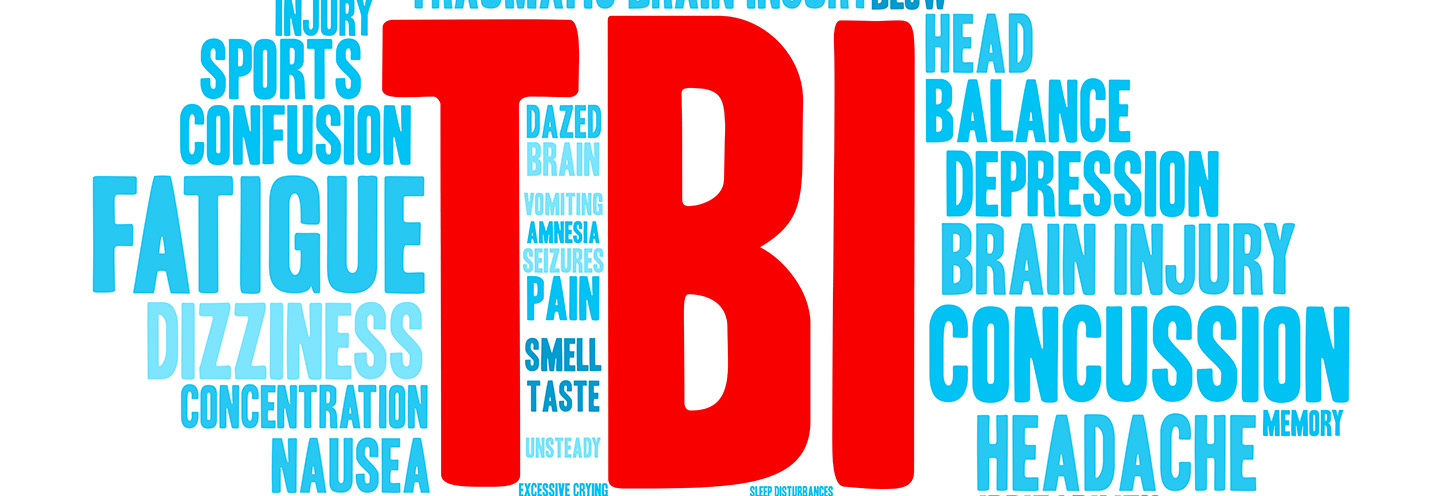Traumatic Brain Injury – A Traumatic Brain Injury (“TBI”) is an injury from the brain being damaged as a result of an accident, a fall or a sports related injury to the head. Many people who have a Traumatic Brain Injury experience physical and cognitive changes, communication difficulties, swallowing problems and other difficulties.

Traumatic Brain Injury (TBI)
SYMPTOMS
- Weakness on one side of the body or both sides of the body
- Impaired sensation on one side of the body or both sides of the body
- Impaired muscle tone on one side of the body or both sides of the body
- Visual difficulties
- Impaired visual perception
- Poor sitting and/or standing balance
- Difficulties transitioning to various positions
- Decline in cognitive and emotional functioning
- Inability to walk
- Inability to care for themselves i.e. dressing, bathing, toileting, grooming etc.
- Urinary and or bowel incontinence
- Decrease in community participation
- An individual may experience cognitive changes depending on the type of TBI and the areas affected, the following areas of cognition may become impaired:
- problem solving / reasoning
- memory
- attention
- executive functioning
- orientation
- mood
- personality changes
HOW WE CAN HELP
- At Q Enrichment Center, our Occupational Therapist will conduct an extensive, comprehensive assessment to determine the type of difficulty, the severity, as well as the impact on Activities of Daily Living (“ADL”). A detailed report will be completed, along with a treatment plan specific to each individual’s needs.
- Intervention can focus on:
- finding alternative methods / compensatory strategies to perform activities of daily living (e.g. bathing, dressing, using the toileting)
- addressing deficits such as weakness, sensory loss, and cognitive or visual impairments that limit engagement in ADLs and Instrumental ADLs (“IADLS”) (IADLS: carrying groceries, cooking a meal, managing money, parenting)
- provide cognitive retraining exercises to address specific cognitive skills, such as attention, memory and executive functioning
- assessing the home and work environment to identify potential hazards and to create a more functional environment specific to the clients’ needs
- recommending special equipment or assistive devices / technology for use at home, school or work
- teaching the client and caregiver how to properly use adaptive equipment, like orthotics, braces, or wheelchairs
- recommending exercises to strengthen fine motor skills, coordination and cognition
- teaching the client and/or caregiver on exercises and home programmes for carryover in the home.
- educating the client and caregiver on energy effectiveness strategies and stress management techniques to promote well being
- environmental and behavioural modifications (home and job-site)
- home modifications may include accessible designs for all rooms in one’s house, ramps, wheelchair lifts or elevators and stair lifts
- positioning to maintain range of motion, prevent contractures and minimize pain (e.g. splinting)
